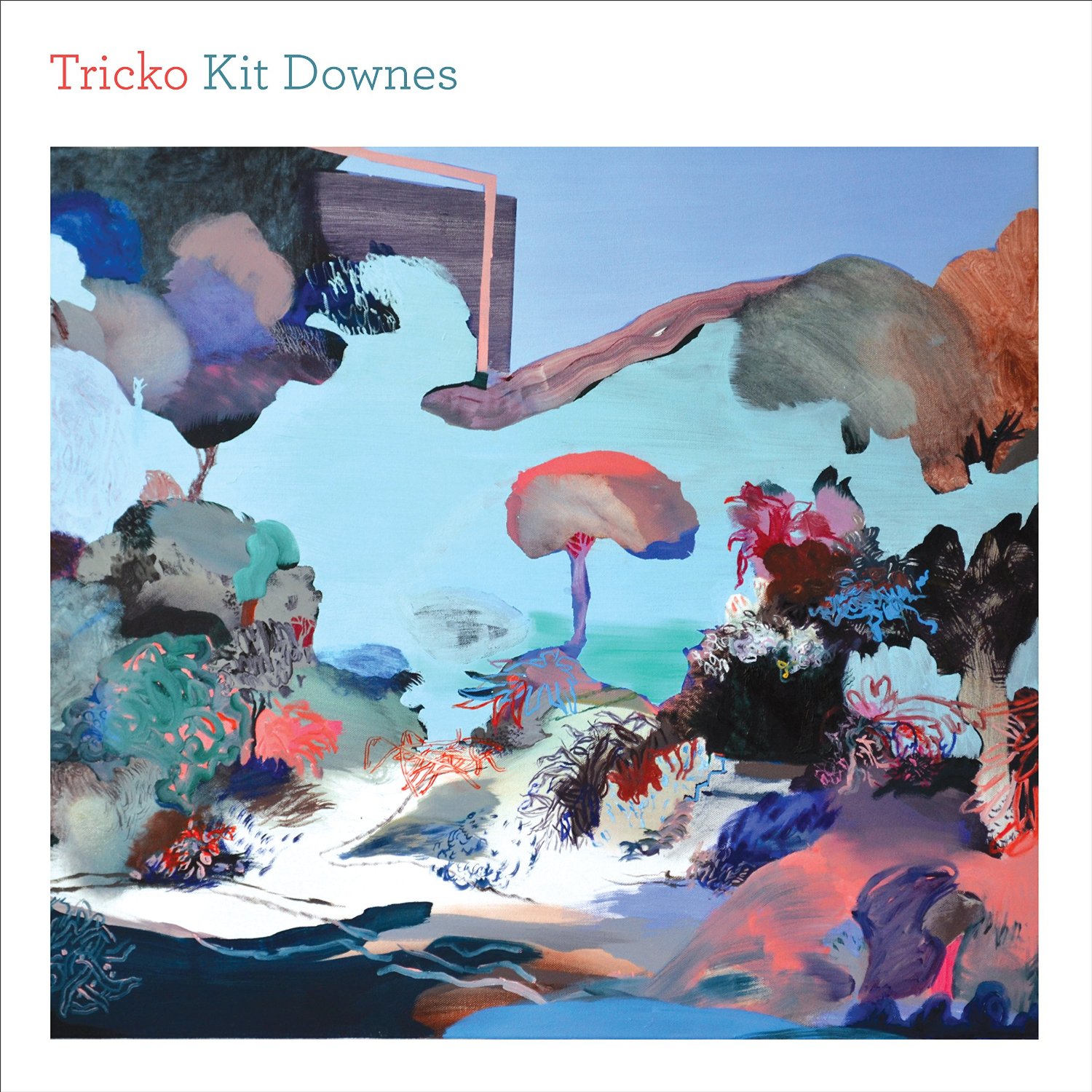 Kit Downes: Tricko Kit Downes (piano, organ), Lucy Railton (cello) (Coup Perdu)
Kit Downes: Tricko Kit Downes (piano, organ), Lucy Railton (cello) (Coup Perdu)
No sleeve notes here; just a few oblique words from polymath pianist Kit Downes on the sleeve of this engaging release – which seem to say that the very act of recording meant that the pieces took on radical new shapes: “none of my initial ideas survived... mutability itself can be a creative force.” How much was improvised isn't made clear, though each of the works collected here feels and sounds properly developed and worked out. Downes's music has a brightness and openness which is disarming. The more extrovert pieces sparkle, aided by crisp and nimble pianism.
The title track is a good example, its snappy ostinato not a million miles from Steve Reich's Six Pianos. Downes's playing gives the motif infectious bounce, while Lucy Railton's cello competes for our attention, initially with an under-appreciated long-limbed melody followed by loud pizzicato notes. There’s a faint echo of “Tricko” at the start of the next track, along with a pleasing dollop of ambient noise. The engineering is faultless throughout, with rain sounds seamlessly integrated into “Waira”. The two players are heard to greatest effect in the closing “Helkalen”. Railton soars over Downes’s steady tread. Their paths never quite cross, and the two lines suggest a couple having a sustained minor disagreement, though the closing seconds suggest a rapprochement.
 American Chamber Music The Nash Ensemble (Hyperion)
American Chamber Music The Nash Ensemble (Hyperion)
This disc is a gift which keeps on giving, one where the disparate ingredients combine to create something fairly irresistible. At its centre is pianist Ian Brown's performance of Gershwin's Song-Book, a 1932 sequence of 18 songs arranged by the composer for an anthology published that year. Gershwin's transcriptions are consistently brilliant, and frequently fiendishly difficult – aimed, in his words, at “those pianists who enjoy popular music but who rebel at the too simple arrangements issued by the publisher with the average pianist in view”. They give us a good idea of what the composer's own performances sounded like, whether playing at private parties or in recitals. Gershwin's own instructions warned against “too frequent use of the sustaining pedal... Our popular music asks for staccato effects... the rhythms should be made to snap and cackle.” Brown's sympathy for the idiom is never in question, and he's appropriately dry and witty. These arrangements work on several levels, both as an effervescent sequence of Gershwin's greatest hits and as a demonstration of his sophisticated compositional technique. There's rhythmic and harmonic magic in spades, and the high spots are too numerous to mention. “Strike up the band” is distilled into just 59 seconds. “Sweet and low down” has a delectable loping gait. Each song sparkles. And there's further fun to be had when clarinettist Richard Hosford joins Brown in an arrangement of Gershwin's Walking the Dog, and a string quartet drawn from the Nash Ensemble play the enchanting Lullaby.
Hosford and said quartet join forces for Souvenirs de voyage, a rarely-heard clarinet quintet by Bernard Herrmann. It was written in the late 1960s after the composer's split with Hitchcock and move to England. A cynic might say that the piece is little more than a recycling of gestures and techniques heard to better effect in the scores to Vertigo and Marnie. But they're brilliant ideas, and Herrmann's distinctive voice gains in expressive power when he's writing for chamber forces. It's extraordinarily potent and affecting. Hosford is superb – his sotto voce solo at the start of the work some of the best quiet clarinet playing I've heard. The quintet's final minutes are extraordinary. We also get Franz Waxman's beguiling Four scenes from childhood, written in 1948 for Jascha Heifetz, plus the Waltz and Celebration from Copland's Billy the Kid for cello and piano. Extracted from the ballet score in 1949, the Waltz was omitted from the orchestral suite. It's vintage Copland, sweetly played by cellist Rebecca Gilliver.
 John Potter: Amores Pasados John Potter (voice), Anna Maria Friman (voice and Hardanger fiddle), Ariel Abramovich and Jacob Heringman (lutes) (ECM)
John Potter: Amores Pasados John Potter (voice), Anna Maria Friman (voice and Hardanger fiddle), Ariel Abramovich and Jacob Heringman (lutes) (ECM)
In the past, “a song was just a song”, and any music could be popular music. John Potter, who's sung for Red Byrd and the Hilliard Ensemble, points out in his sleeve note that 20th-century technology hastened the divide between art songs written by composers and pop songs manufactured by songwriters. When we shouldn't have forgotten that Dowland, Campion and Schubert wrote songs for non-professionals to sing. This entertaining disc attempts to bridge the gap between the two worlds, with newly commissioned material sung alongside numbers by Campion, Moeran and Peter Warlock. Led Zeppelin's bassist John Paul Jones contributes three pieces, along with another by Genesis's Tony Banks. Plus one by Sting, intended (but never used) as part of the soundtrack for Ridley Scott's Robin Hood.
The modern numbers don't stand out as much as you might expect, helped by some sublime lute playing from Ariel Abramovich and Jacob Heringman. Vocal duties are shared between Potter and Anna Maria Friman, their pure, unaffected singing styles perfectly matched. No texts are provided, which is never an issue – diction is consistently good. The Campion settings are predictably well performed, but the real surprises are a pair of songs by Warlock and Moeran; the latter's exquisite Housman setting the best thing on the disc. Of the new songs, Banks's “Follow thy fair sun” is a highlight, along with Jones's “So ell encina”. Sting's “Bury me deep in the greenwood” closes this collection, beautifully sung by Potter. Unexpectedly delightful.






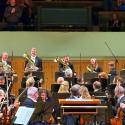
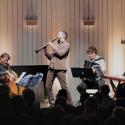


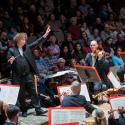
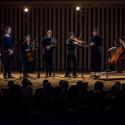
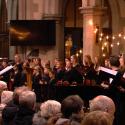
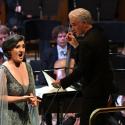
Add comment